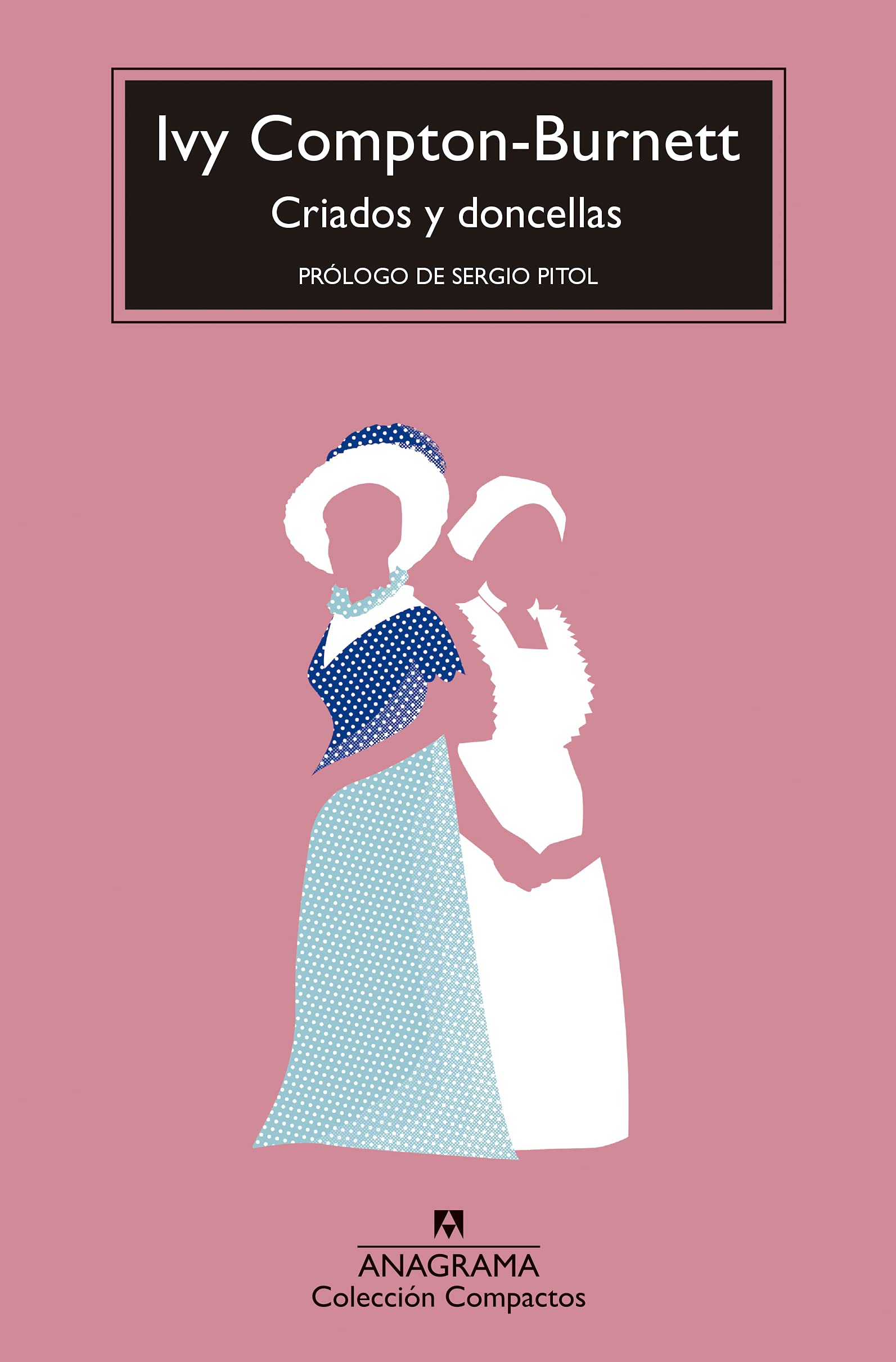
“Servants and Maids” by Ivy Compton-Burnett, one of the greatest novelists of the 20th century and a master of black humor and irony. The book, published in 1947, is one of his most perfect and accessible works, according to Mexican writer Sergio Pitol, who wrote the prologue to the Anagrama edition.
The book tells the life of the Lamb family, a typical English upper class family at the beginning of the 20th century, who lives in a mansion with their servants. The father, Horace Lamb, is a tyrant who oppresses his wife, his children, his cousin and his servants. His wife, Agatha, is a submissive and resigned woman who suffers in silence her husband’s rudeness and infidelities. There are four children: Herbert, the eldest, who rebels against his father and falls in love with a married woman; Edith, the only daughter, who is cold and calculating; Cecil, the most intelligent and sensitive of the brothers; and Wilfred, the youngest, who is cruel and insolent.
The novel focuses on the conversations that the characters have in the dining room or living room, where the tensions, secrets, lies and manipulations that exist between them are revealed. The language is refined and elegant, but also biting and sarcastic. The dialogues are full of double meanings, veiled allusions and contradictions. The author masterfully shows the hypocrisy and falsehood of the society of her time, where money and power determine human relationships.
The book also portrays the world of the servants, which has its own hierarchy and its own conflicts. The butler Bullivant and the cook are the leaders of the servants and they ally against their subordinates. They reflect and caricature the behavior of their masters and also participate in the plot of intrigue and deception that develops in the house.
“Servants and Maids” is a brilliant and witty novel that combines drama with comedy. It is a masterpiece of English literature that deserves to be read and enjoyed by all lovers of good writing.
Source: https://algunoslibrosbuenos.com/criados-y-doncellas


